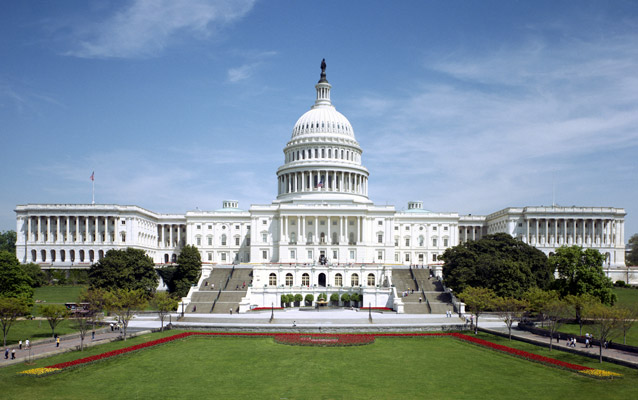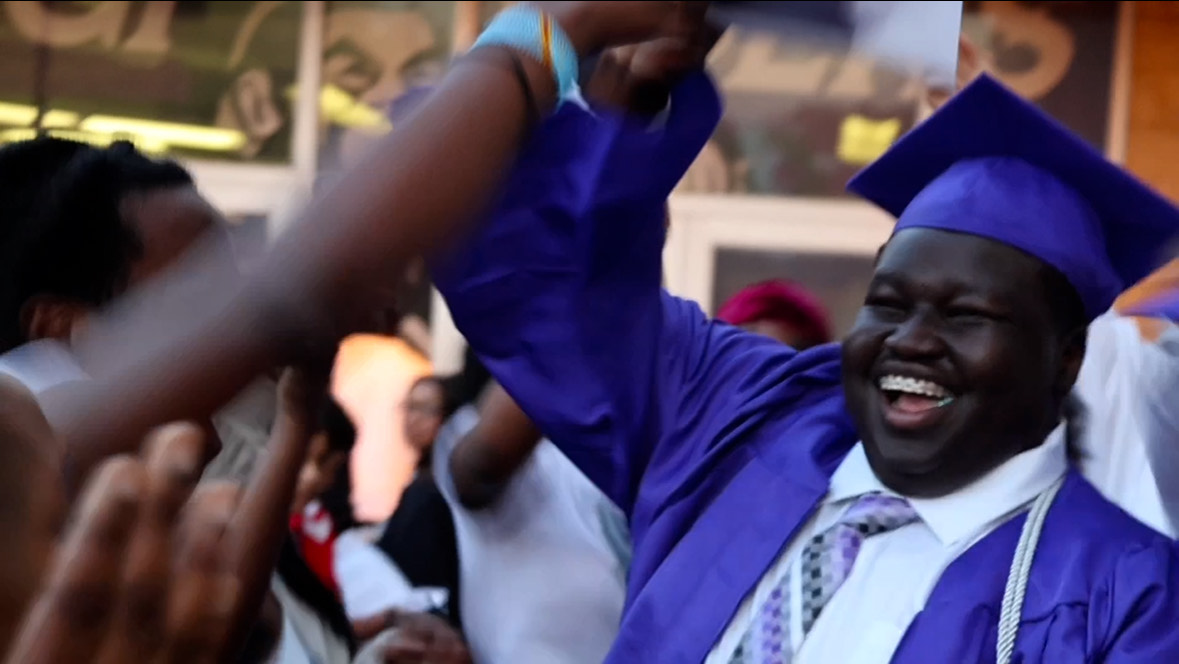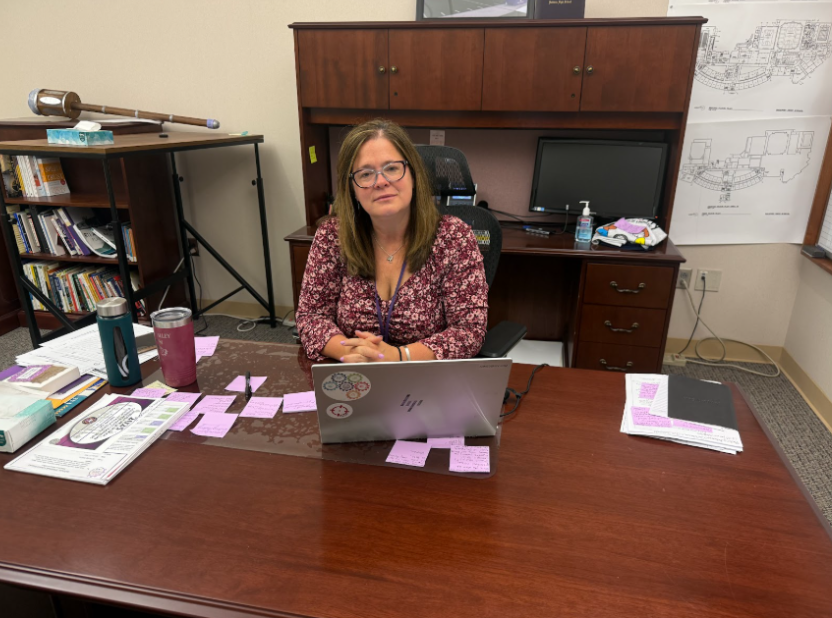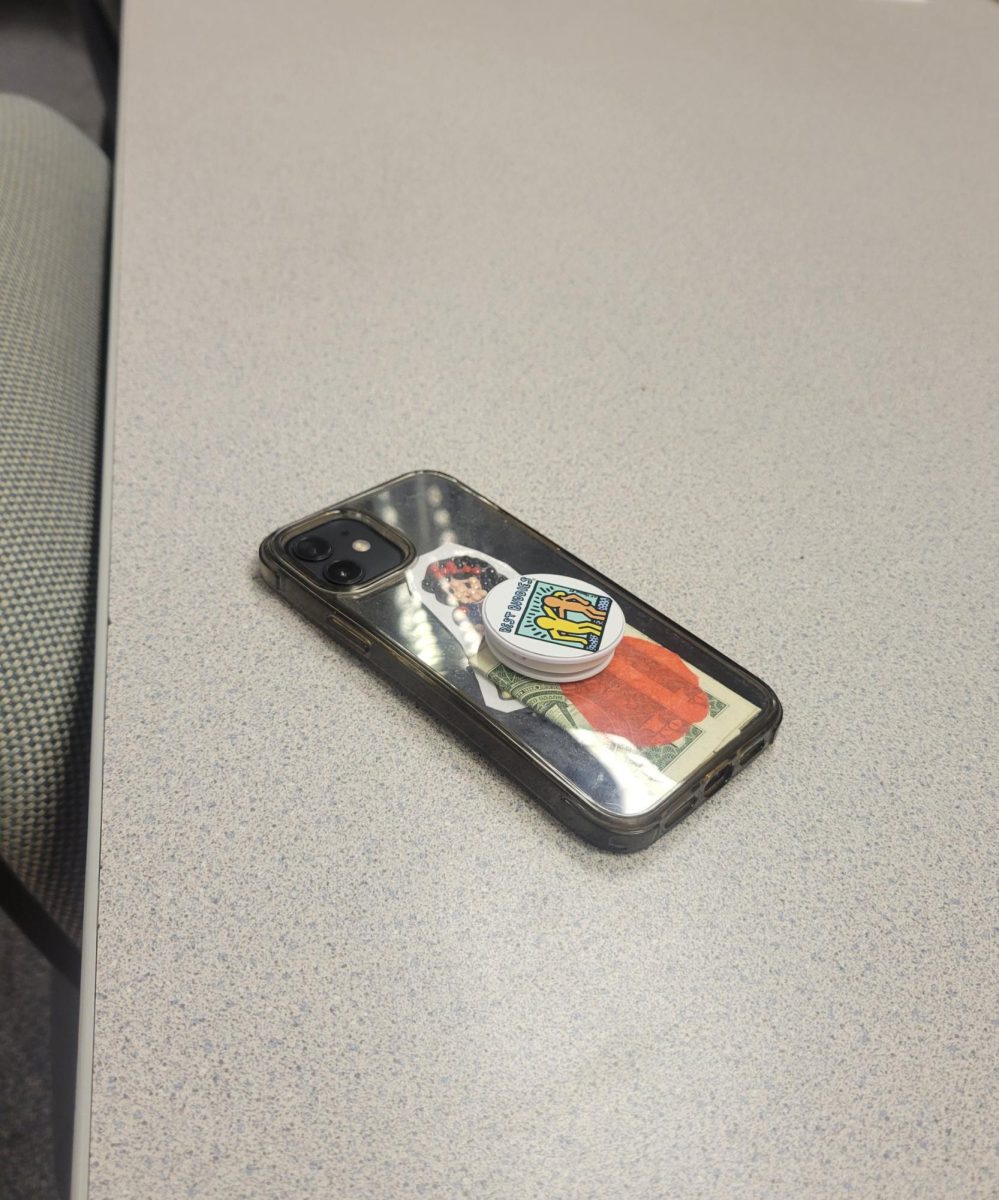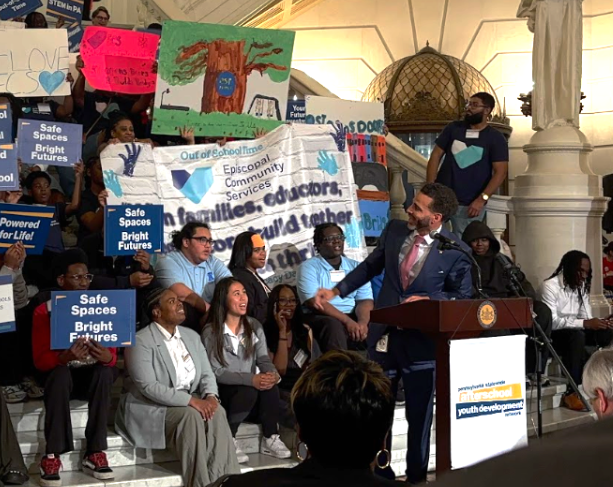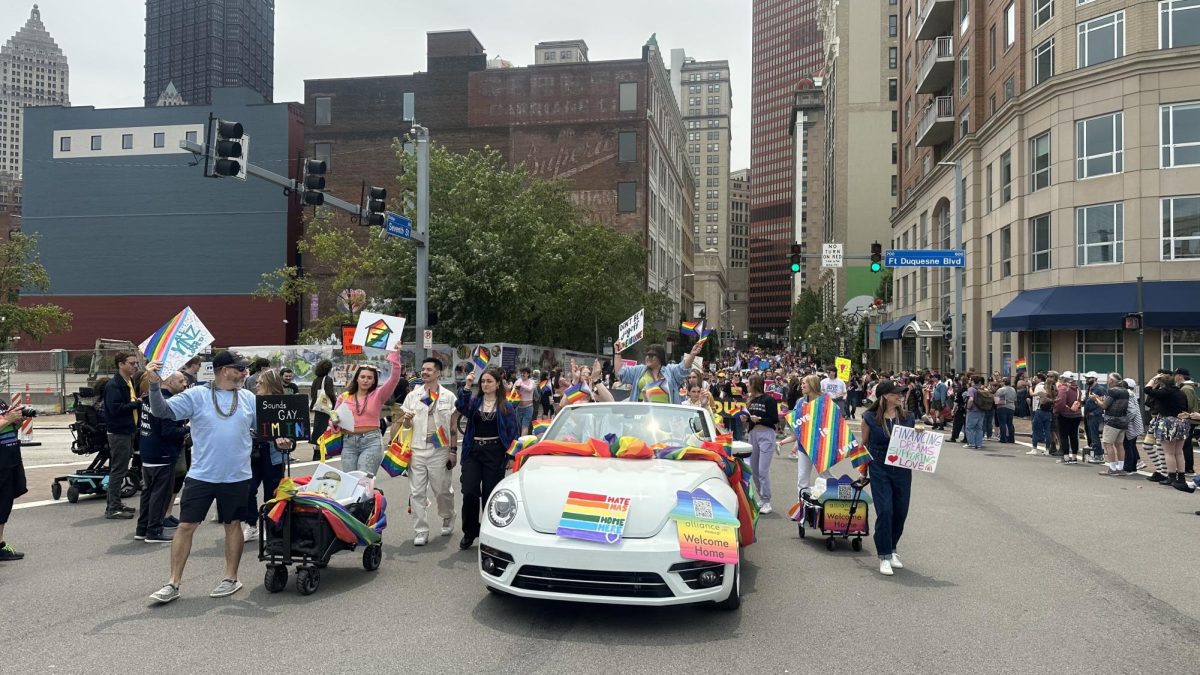The recent Senate Judiciary hearing proves the incompetence of Congress and a failure to understand the real issues with social media. It blatantly displayed that in general, those who run the country are out of touch and entirely unhelpful when it comes to regulating online usage.
The Senate Child Safety hearing was meant to tackle the dangers of social media. Mark Zuckerberg, Shou Zi Chew, Lina Yaccarino, Evan Spiegel, and Jason Citron were all in attendance, being the CEOs of Meta, TikTok, X, Snapchat, and Discord respectively.
Republican Sen. Tom Cotton repeatedly questioned Chew, asking if he was involved with China or the Chinese Communist Party and several questions about his citizenship. Chew denied these claims, citing the fact that he is from Singapore, where he lives with his American wife and child.
This line of questioning is repetitive and irrelevant. Chew had already dismissed these claims the last time he was called before Congress, and this arguably ignorant interrogation accomplished nothing but to distract from the issue at hand.
“Do you want teenagers 13 and up to use your platform more or less?” asked Democrat Sen. Jon Ossof to Zuckerberg.
Being that Meta is a prolific business with its targeted age range specified for every application they offer, one would assume elected senators would be able to figure this out for themselves. Still, Ossof thought to use his valuable time asking a CEO if he wanted more money.
Republican Sen. Josh Hawley essentially forced Zuckerberg to apologize to families who believed the toxicity of social media led their children to death or mental harm.
While on the surface this seems like a kind gesture, Zuckerberg holds no direct culpability – he’s just a middleman to take the fall and to keep people smiling. Zuckerberg’s apology does not change what had happened to any of the victims. While anyone who’s seen The Social Network knows Zuckerberg has a lot to apologize for, blaming him for the actions of individuals online whom the company actively takes direct security measures against can only be misplaced anger.
Social media platforms and the CEOs of the companies who own them are not responsible for crimes that others commit, even if the apps are not as safe as they should be. While online safety is a major concern, can this country seriously blame a company for the actions of an individual who just happens to use their product?
Yes, perhaps their platform did lead to the unfortunate events that transpired, but that is only because of the connectivity social media provides, not because social media is necessarily good or evil.
Congress is not fixing the problem or even addressing it. The issue is not social media, but the people on it. Unfortunately for everyone, the issues being presented are not as simple as
“Hey Mark, make it safer!”
No amount of safety restrictions can prevent someone from being a bad person or making unfortunate decisions. As easy as it is to blame a rich CEO or a website for bad things happening, social media is nothing but a scapegoat for those who are truly causing the issues.
The parents accusing the CEOs are significantly more responsible for their child’s safety than the CEOs who live halfway across the world and are unaware that this child even exists.
Parents who do not think their child is safe on social media should disallow usage of it. While that statement may at first seem unrealistic, if parents did not give their children unrestricted internet access as they grow up, this issue would not be as prevalent.
Yes, most people have social media, but if the child is too young to even be on the app, how can it be the fault of the app that the child still has access? Simply, it isn’t.
The companies could better enforce regulations on their apps, but they are not entirely to blame. Another safety precaution would be for Apple to regulate the age ratings on their app store, though the government did not consider that. There are problems with solving this at every level, and to strip that all away and blame it all on the owners is counter-productive.
As tragic as this is, bad things happen to people by people every day, in-person, over text, or online. There is no magical solution to making every interaction with random people entirely safe. Even if social media needs more safety regulations, saying that any of these companies are responsible for the acts of criminals or struggling people who are using their platforms is almost laughable.

